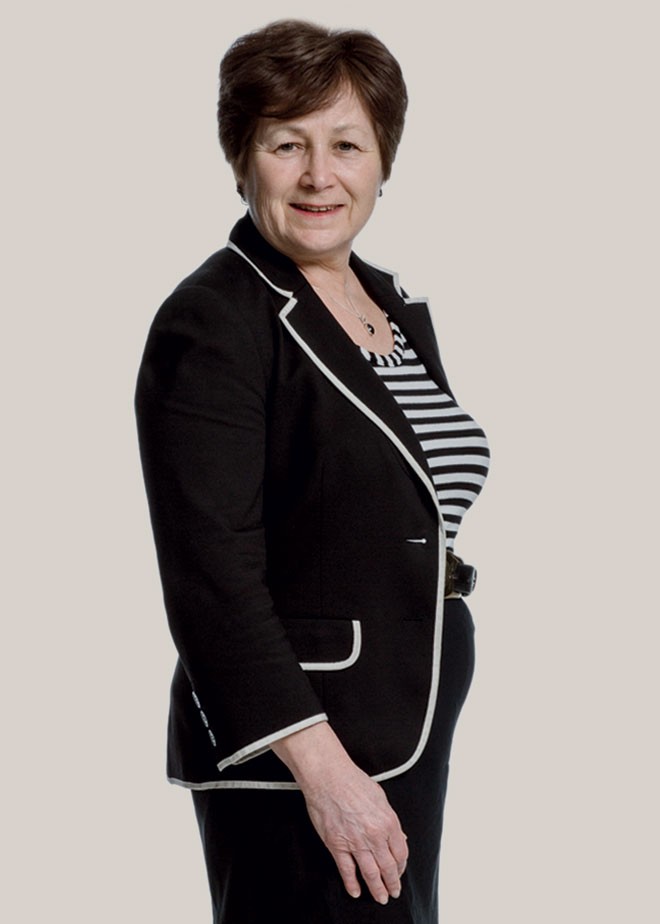
When I first heard that the UK was to have a separate Endorsement Board for adopting IFRS Standards, I was nervous. My first concern was that, appointed by and answerable to the Department for Business (BEIS), the Endorsement Board would be subject to political interference and succumb to pressure to modify ‘UK-adopted’ standards, leading to divergence from IFRS Standards.
The second was that there would be confusion over the division of responsibilities between the Endorsement Board and the Financial Reporting Council (FRC) – soon to be rebranded the Audit, Reporting and Governance Authority (Arga). The potential overlap lies in the word ‘reporting’ to be seen in both names. One might have expected Arga to be the endorsement body, especially as it is a standard-setter and has long carried out the important role of contributing to the development of a single set of international accounting standards.
Some reassurance comes in the government’s welcome restriction on setting up new bodies in the wake of Brexit. So while the Endorsement Board will be directly accountable to the BEIS secretary of state, it will also be accountable to the FRC/Arga for its processes, and housed there. A ring-fenced secretariat and technical team will serve it, ensuring some continuity in the crucial activity of influencing international standard-setting.
Apolitical
Just as important, the first chair of the Endorsement Board, Pauline Wallace, is not a political figure. Her background as a partner at PwC is in technical accounting, standard-setting and public policy – managing politicians rather than being beholden to them. The board’s members (between seven and 14 individuals) will be users of accounts, preparers and auditors – and potentially academics, economists or others who will help provide the ‘public good’ perspective.
Recruiting needs to be done at pace to have the board in place by January, when powers to endorse IFRS Standards will transfer from the EU to the UK. The plan is that the secretary of state will then delegate these powers to the Endorsement Board, which will be a statutory body, like the Bank of England. So while political influence remains, the body should be as independent and technocratic as possible in a world where everything is political.
It is important that the loud voices of an array of stakeholders do not dilute the orientation towards investment, wealth creation by businesses and transparent capital markets
What then of the Endorsement Board’s relationship with the FRC/Arga, which sets UK accounting standards, reviews corporate and financial reporting and runs the Financial Reporting Lab? In the new streamlined structure, Arga’s codes and standards committee will oversee development while review and enforcement comes under its conduct committee.
In principle, then, Arga might be seen as an implementer and supervisor, producing codes of best practice, monitoring compliance and corporate behaviour, and enforcing. It could still set domestic accounting standards, preferably continuing as IFRS Standards-lite.
Common purpose
In practice, it is impossible to pursue high standards of corporate reporting without a close knowledge of the way in which companies use and abuse standards, and of the cost of implementing complex rules. And it is inconceivable that both bodies will run parallel ‘engagement’ programmes involving their overlapping stakeholders. Cooperation and communication will need to be exemplary, and the ring-fenced FRC employees providing services to the Endorsement Board must hope they will not be pulled in different directions.
A common purpose will help. The FRC has lived by the dictum that the public interest is served by setting high standards that ‘maintain confidence in the UK’s leading position as an attractive place to invest and do business, supporting economic growth in the future to the benefit of society as a whole’. Those words come from the FRC’s former chair, Simon Dingemans.
It is important that the loud voices of an array of stakeholders do not dilute the orientation towards investment, wealth creation by businesses and transparent capital markets. If the Endorsement Board keeps its eyes on making company accounts reliable and relevant to users – especially the accounts of those companies investing our savings – that should help it to retain focus.
The best case scenario is that the endorsement lever enhances the UK’s historic role as a leader in the development of international accounting standards, and is not used to create divergent standards.




